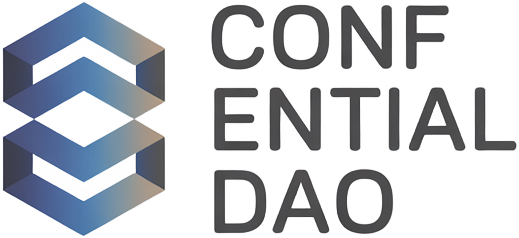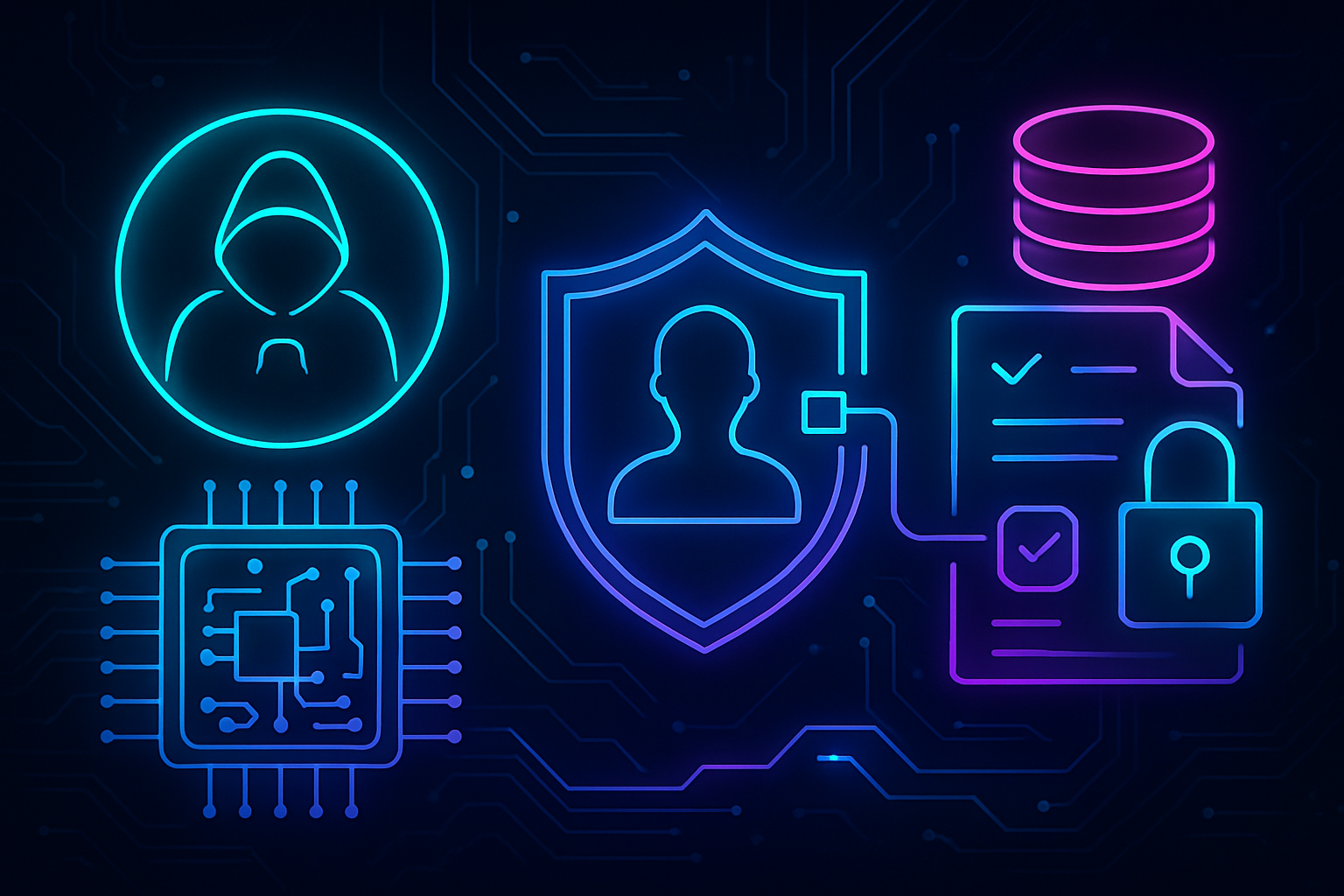
Picture this: a world where your data isn’t just extracted and sold behind your back, but is collectively owned, governed, and monetized, on your terms. That’s the promise of community-owned data DAOs. But to make this vision a reality, we need to design for two non-negotiables: anonymity and consent. In 2025, as AI models hungrily scrape public data and privacy regulations tighten their grip, these principles aren’t just ethical, they’re strategic. Let’s decode how cutting-edge cryptography and decentralized governance are reshaping the way communities control their data destinies.
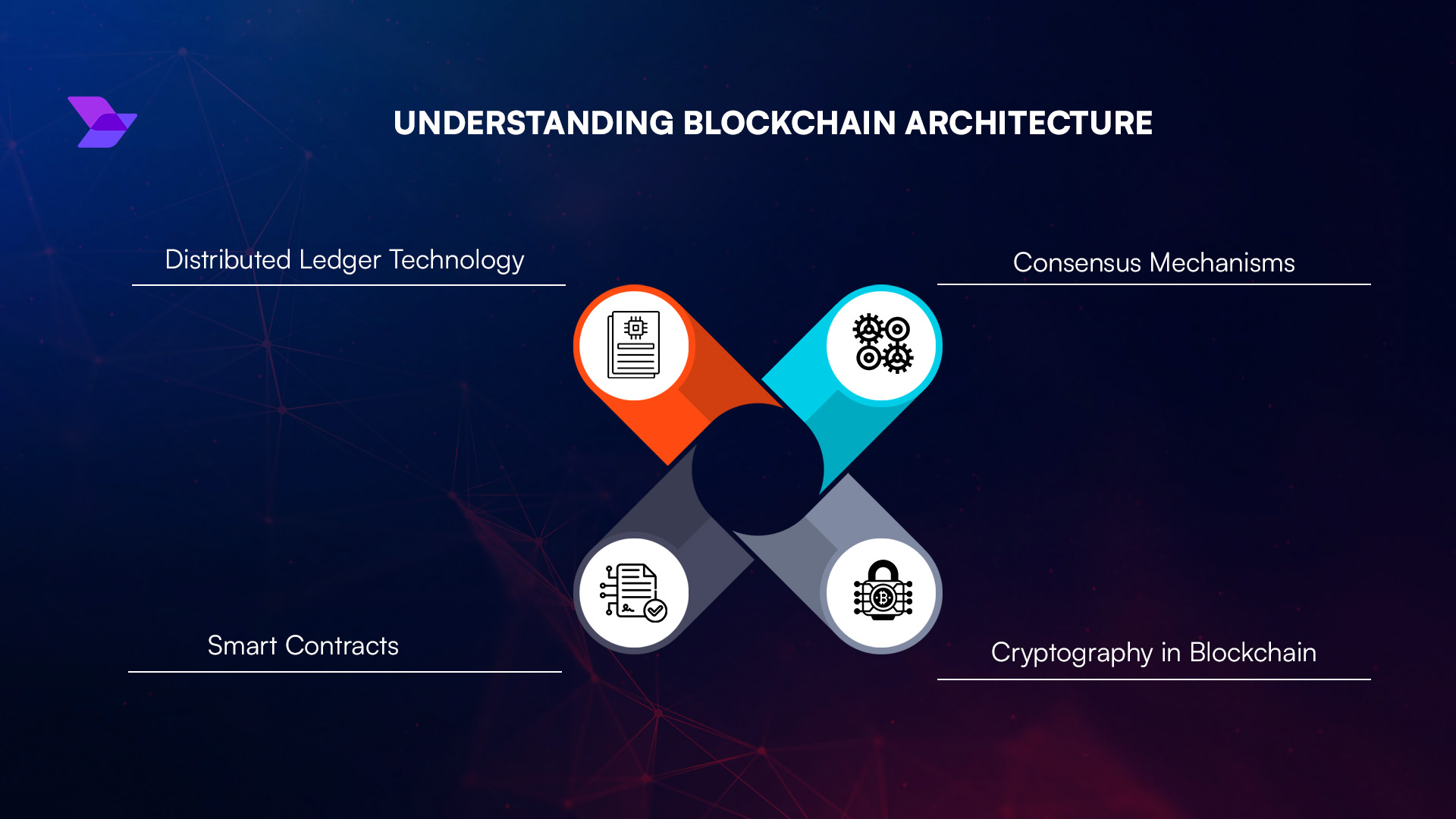
Anonymity First: Zero-Knowledge Proofs (ZKPs) for Data Contribution and Access
If you want contributors to trust a data DAO, you must guarantee that participation won’t expose their identities or sensitive attributes. Enter Zero-Knowledge Proofs (ZKPs): cryptographic protocols that let someone prove they possess certain information, like valid health records or location check-ins, without revealing the actual data itself.
This isn’t science fiction. Projects like Drynx are already using ZKPs to power secure statistical analysis across distributed datasets, keeping every contributor invisible to both peers and third parties (read more here). In a community-owned data DAO, ZKPs can enable:
- Anonymous Data Submission: Members submit valuable insights without linking submissions to their wallets or identities.
- Private Data Queries: Researchers or buyers query aggregate trends without ever seeing raw user-level information.
- Sybill Resistance: Prove unique human participation without doxxing anyone’s real-world persona.
The upshot? Anonymity is not only possible, it’s programmable. DAOs that embed ZKP-powered flows will outcompete those stuck in Web2-style trust models.
Consent Management Gets an Upgrade: Decentralized Identity (DID) Frameworks
The second pillar of responsible community-owned data DAOs is robust consent management. It’s not enough to ask for a one-time checkbox; members need ongoing agency over who accesses their contributions and why. This is where Decentralized Identity (DID) frameworks shine.
DIDs let users generate self-sovereign identifiers tied to verifiable credentials, think proof of age, residency, or expertise, that can be selectively disclosed as needed (explore DID use cases here). In practice, this means:
- User-Controlled Consent: Contributors grant or revoke access at any time via smart contracts linked to their DIDs.
- Auditability Without Sacrificing Privacy: Every consent transaction is recorded on-chain but doesn’t reveal underlying personal info.
- Differential Access Levels: Data owners can specify granular permissions, for example, allowing researchers access only to anonymized subsets while keeping sensitive fields locked down.
This approach aligns beautifully with privacy regulations like GDPR while empowering communities with true sovereignty over shared assets (see GDPR compliance strategies here). When DIDs are baked into DAO infrastructure from day one, trust becomes verifiable, and reversible.
3 Key Strategies for Private Community-Owned Data DAOs
-
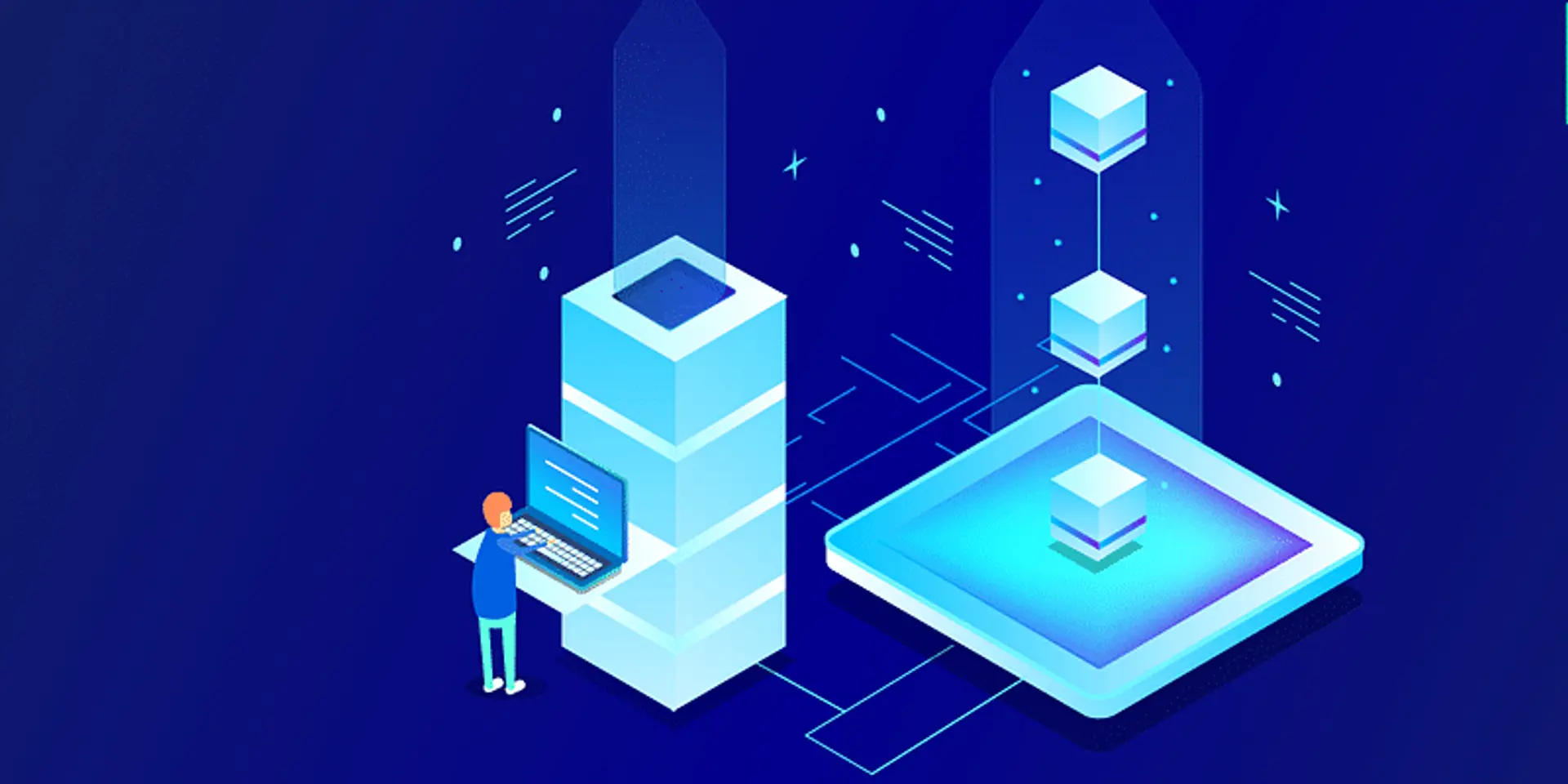
Implement Zero-Knowledge Proofs (ZKPs) for Anonymous Data Contribution and AccessLeverage advanced cryptographic tools like Privacy Pools and Drynx to enable members to contribute and access data without revealing their identities. ZKPs allow verification of data validity while keeping personal information confidential, enhancing trust and privacy within the DAO.
-
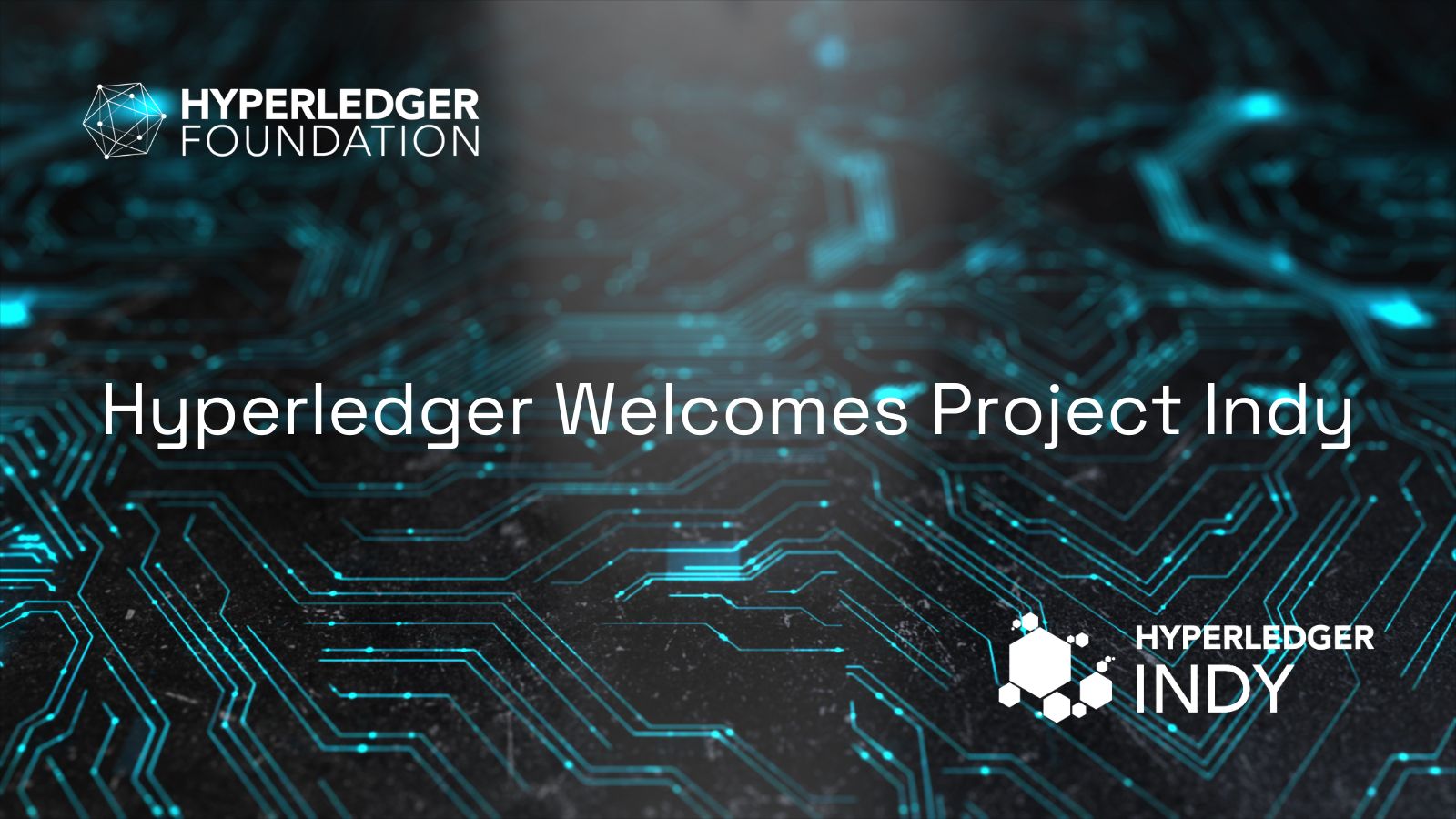
Integrate Decentralized Identity (DID) Frameworks for Consent Management and TraceabilityUtilize established DID solutions such as Hyperledger Indy or uPort to give members granular control over their data and consent. These frameworks ensure transparent consent flows and allow contributors to trace how their data is used, supporting both privacy and regulatory compliance.
-
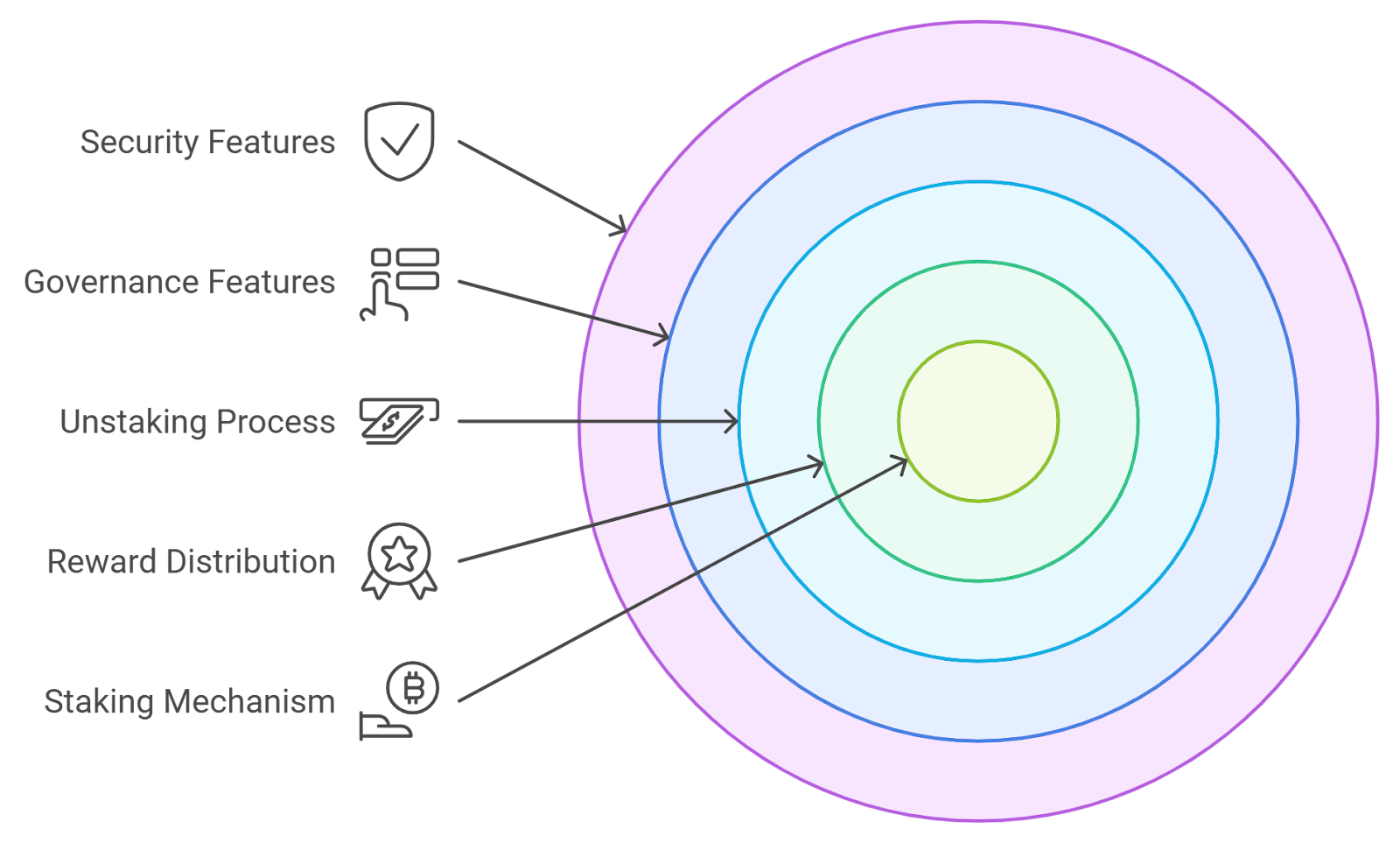
Adopt Tokenized Reward Mechanisms with Privacy-Preserving Smart ContractsIncorporate platforms like Vana Data Collectives and Wibson that use blockchain-based tokens and privacy-focused smart contracts to reward contributors. These mechanisms ensure equitable compensation while maintaining anonymity and protecting sensitive data throughout transactions.
Toward Equitable Rewards: Tokenized Incentives with Privacy-Preserving Smart Contracts
No one wants to contribute precious data if rewards are unfairly distributed or if payouts jeopardize privacy. The solution? Adopt tokenized reward mechanisms built atop privacy-preserving smart contracts. With these tools, DAOs can automate transparent yet confidential compensation flows based on each member’s verified contributions, without leaking wallet addresses or activity patterns to outsiders.
Picture a DAO where every data point you contribute earns you a fair stake, but no one can ever trace it back to you. That’s the magic of privacy-preserving smart contracts paired with tokenized rewards. Using advanced cryptographic techniques like zero-knowledge proofs, these contracts ensure that reward calculations and distributions are fully auditable on-chain, but the identities and contributions behind them remain shielded.
- Confidential Payouts: Members receive tokens for their data contributions, but transaction details are obfuscated using privacy layers such as zk-SNARKs or ring signatures.
- Merit-Based Distribution: Smart contracts automatically tally each contributor’s impact using verifiable metrics, without revealing who did what.
- Sustainable DAO Economies: Reward tokens can double as governance chips, giving contributors a direct say in future data usage and DAO upgrades.
This approach is already making waves in protocols like Privacy Pools (see how it works). By embedding privacy at every layer, DAOs can attract diverse contributors who value both compensation and confidentiality, a win-win for robust, resilient communities.
Bringing It All Together: Actionable Blueprint for Private Community-Owned Data DAOs
The future of community-owned data DAOs will be defined by how well they balance openness with discretion. Here’s a quick recap of the three essential strategies every builder should prioritize:
3 Key Strategies for Private Community-Owned Data DAOs
-
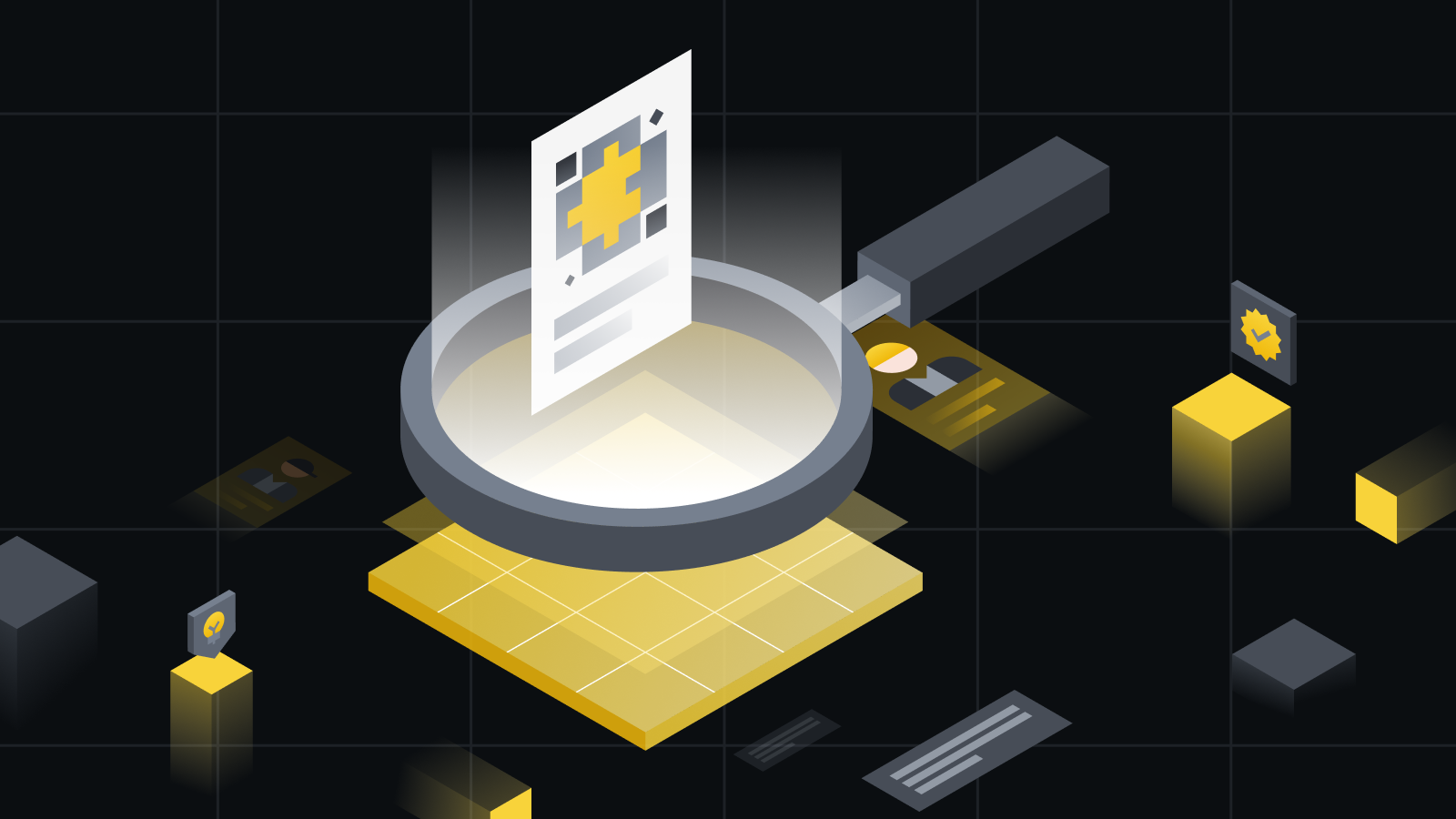
Implement Zero-Knowledge Proofs (ZKPs) for Anonymous Data Contribution and AccessLeverage advanced cryptographic techniques like zero-knowledge proofs to enable data contributors to prove the validity of their data without revealing personal information. Real-world examples include the Privacy Pools protocol and the Drynx system, both of which use ZKPs to maintain user anonymity while allowing secure data analysis and transactions.
-
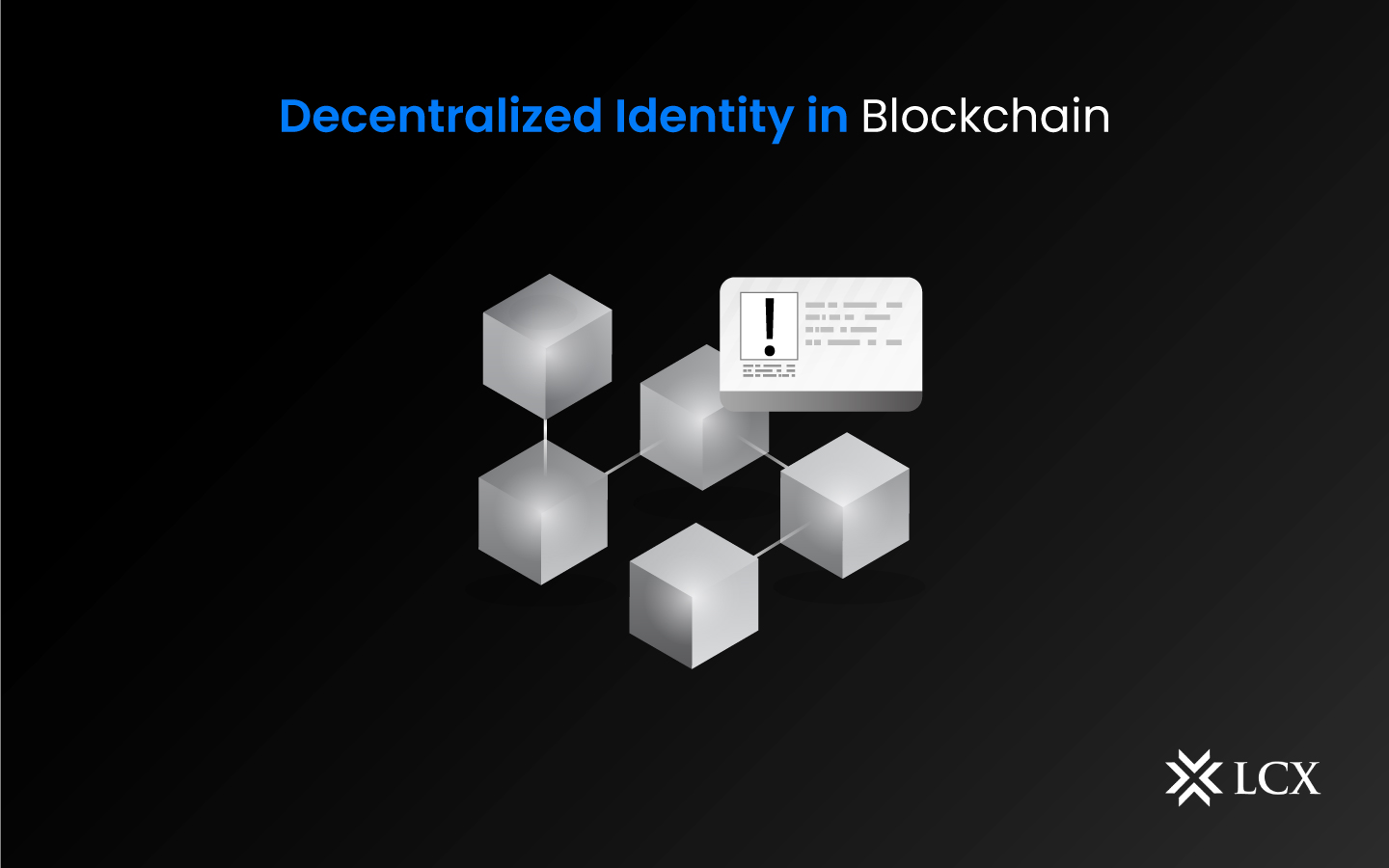
Integrate Decentralized Identity (DID) Frameworks for Consent Management and TraceabilityAdopt decentralized identity (DID) solutions such as Hyperledger Indy or Sovrin to empower users with control over their digital identities. These frameworks enable explicit, revocable consent for data sharing and provide transparent audit trails, aligning with GDPR and modern privacy standards.
-
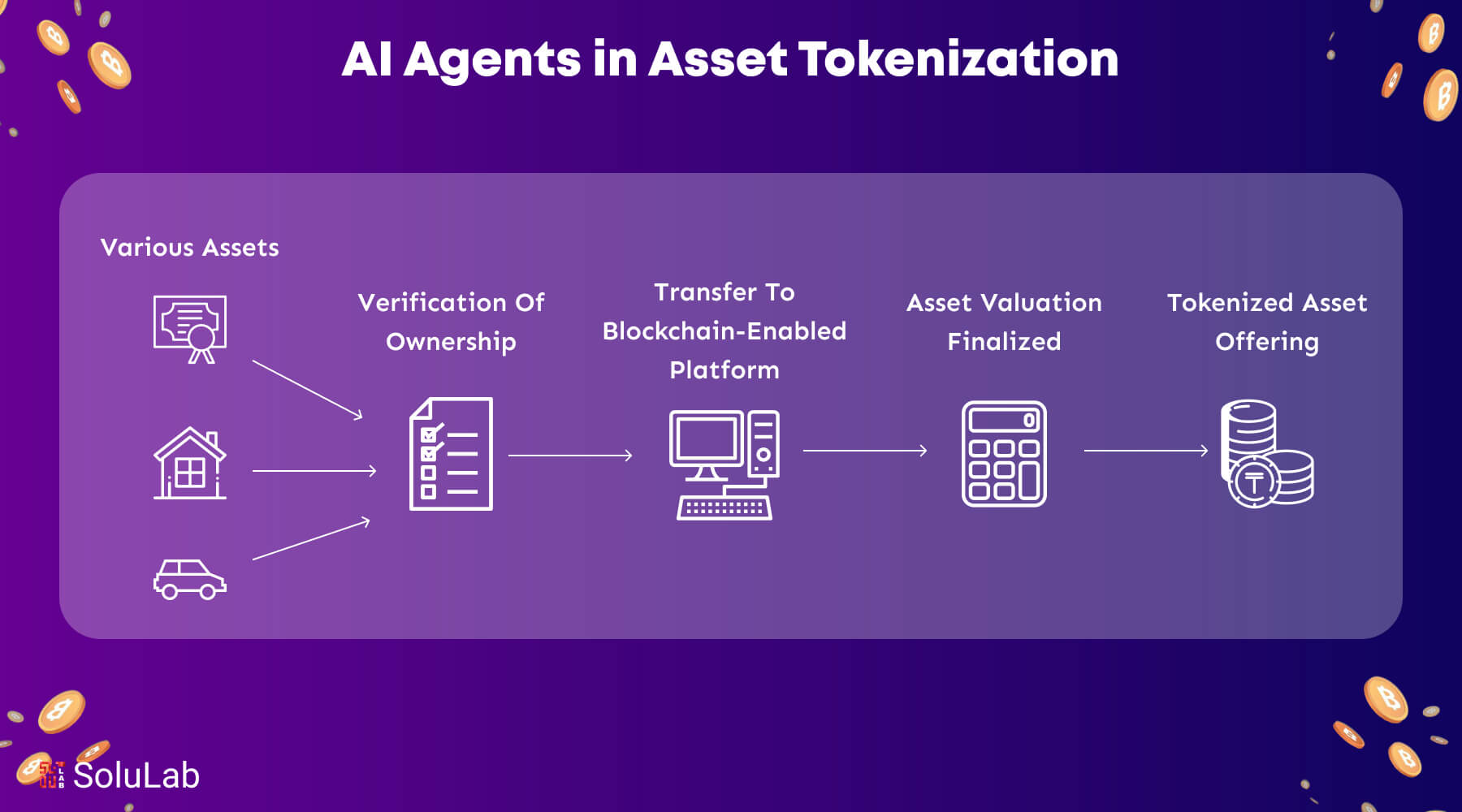
Adopt Tokenized Reward Mechanisms with Privacy-Preserving Smart ContractsIncentivize data sharing through tokenized rewards distributed via privacy-preserving smart contracts. Platforms like Wibson and Vana Data Collectives demonstrate how contributors can be compensated for their data while maintaining confidentiality and control over usage.
If you’re designing or participating in a private data DAO today, make these your north star:
- Implement Zero-Knowledge Proofs (ZKPs): Guarantee anonymous participation and secure access to sensitive datasets without compromising individual privacy.
- Integrate Decentralized Identity (DID) Frameworks: Empower users with granular consent management and auditable yet private access controls.
- Adopt Tokenized Reward Mechanisms with Privacy-Preserving Smart Contracts: Ensure fair compensation flows that protect both contributor identity and economic transparency.
This trifecta not only addresses regulatory demands but also builds real trust, turning passive data subjects into active stakeholders. The result? A new breed of DAOs where privacy isn’t just a feature; it’s the foundation of collective power.
The bottom line: As AI and big data continue to reshape our digital world, only those DAOs that champion anonymity, consent, and equitable rewards will thrive. Ready to architect your own confidential community? The tools, and the playbook, are finally here.
